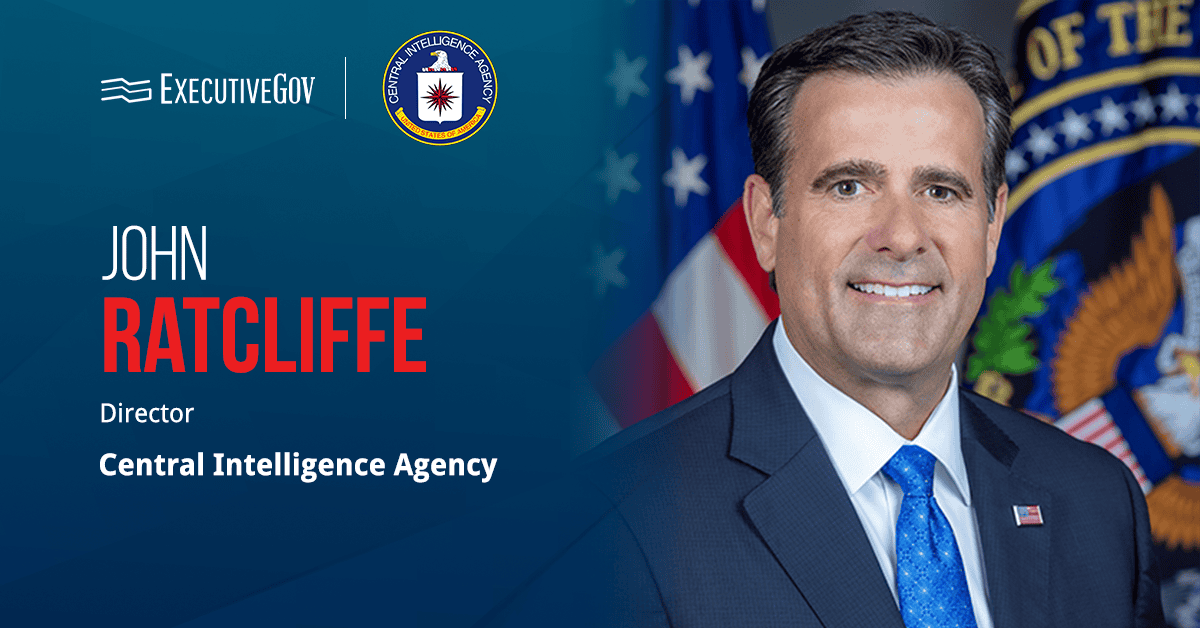Sens. Gary Peters, D-Mich., and Marsha Blackburn, R-Tenn., have introduced the National Quantum Cybersecurity Migration Strategy Act to ensure that the U.S. government is ready to face emerging cybersecurity threats posed by advancements in quantum computing. The proposed legislation calls for a coordinated national strategy to guide agencies to transition their systems to quantum-resistant cryptography.
“It’s critical that the federal government be prepared for any threat posed by quantum,” said Peters. “My bill would help keep Americans safe by ensuring we have a quantum cybersecurity migration strategy to remain ahead of our adversaries and protect Americans’ personal data.”
What Is the National Quantum Cybersecurity Migration Strategy Act?
Under the bipartisan bill, the Economic and Security Implications of Quantum Science, or ESIX, will guide the development of a national cyber migration strategy and identify which systems should be prioritized for quantum-safe encryption. ESIX, which is part of the National Science and Technology Council, will also be tasked with establishing standardized performance measures for migration efforts and defining what makes a cryptographically relevant quantum computer.
In addition, the proposed legislation would launch a pilot program requiring all federal agencies to transition at least one high-impact system to quantum-proof protections.
“Quantum computing is a rapidly advancing and promising technology, but it also poses new cybersecurity threats. The United States must be prepared for these cybersecurity challenges and remain the world leader is quantum technology,” commented Blackburn. “The National Quantum Cybersecurity Migration Strategy Act would ensure the federal government creates a road map to protect sensitive data and national security from emerging data security threats fueled by quantum computing.”





